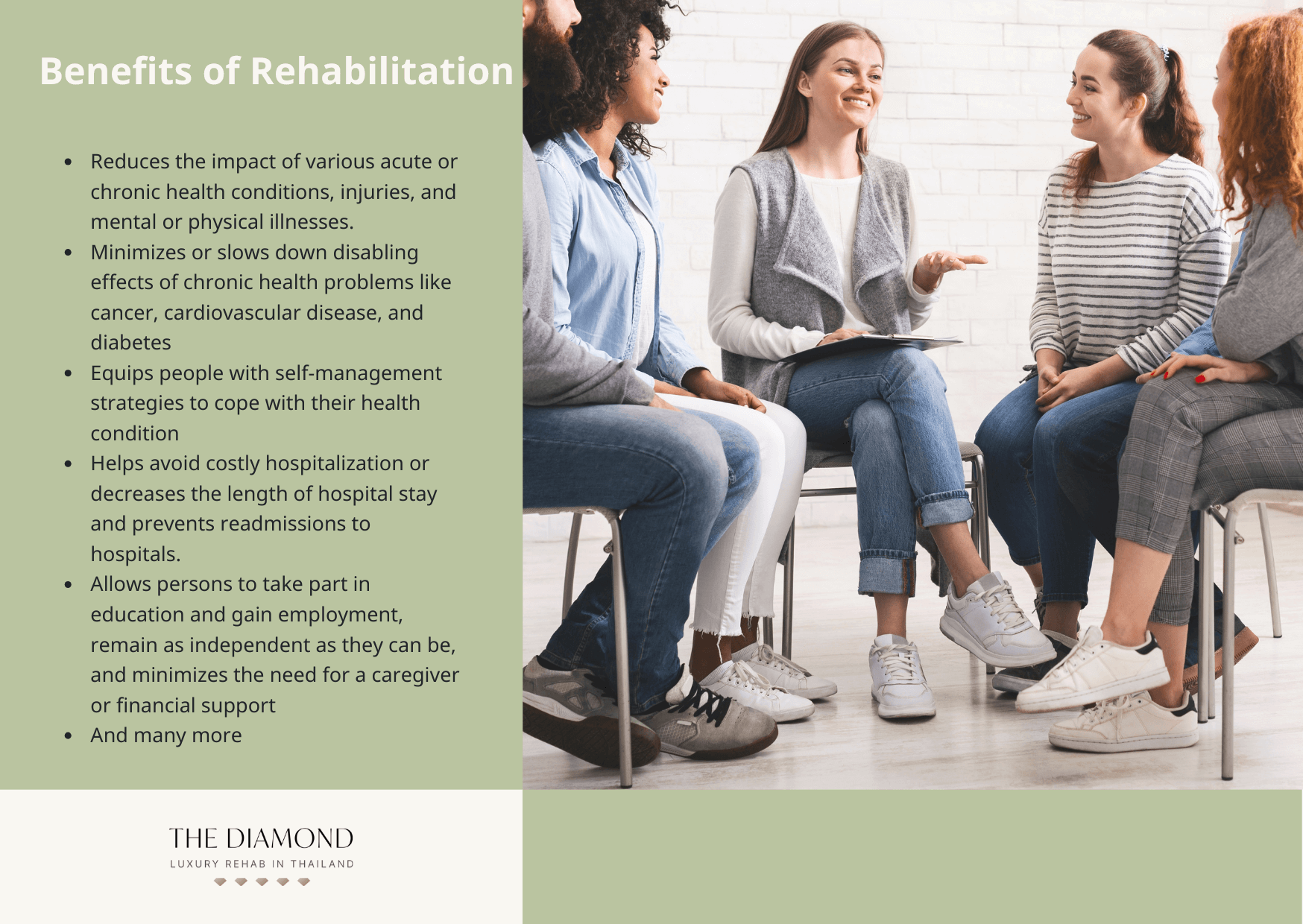The Single Strategy To Use For Narconon Africa
The Single Strategy To Use For Narconon Africa
Blog Article
Narconon Africa Things To Know Before You Get This
Table of ContentsNot known Details About Narconon Africa The 9-Minute Rule for Narconon AfricaThe 5-Minute Rule for Narconon AfricaSome Known Factual Statements About Narconon Africa The smart Trick of Narconon Africa That Nobody is Talking AboutEverything about Narconon AfricaSome Ideas on Narconon Africa You Need To Know
In a collection of papers with Manudeep Bhuller and Katrine V. Lken, we overcome these information obstacles and the nonrandomness of imprisonment, providing new understandings right into how imprisonment affects relapse, work, children, and criminal networks - Effective drug addiction solutions. Figure 1 Our job studies the impacts of incarceration in Norway, a setup with 2 vital benefitsWe can even more link this information to other member of the family, including youngsters and brother or sisters. We have information on co-offending that allows us to map out criminal networks for observed criminal activities. Second, we can take advantage of the random project of criminal cases to courts who differ in their propensities to send accuseds to prison.
Yet some courts send accuseds to prison at a high rate, while others are a lot more lax. We measure a court's stringency as the typical imprisonment price for all various other situations a judge takes care of, after managing for court and year set results, which is the level of random job. This quasi-random project of court stringency can be utilized as an instrument for incarceration, as it strongly predicts the judge's choice in the current case, however is uncorrelated with other case features both deliberately and empirically.
Some Known Factual Statements About Narconon Africa
Features of prisoners, including demographics and crime classifications, are extensively comparable in Norway and other nations, consisting of the United States, with the exemptions that the US homicide rate is much greater, and race plays a bigger role there. What sticks out as various, specifically contrasted with the United States, is the prison system.
Number 2In Norway, the typical time invested in prison is a little over six months, which resembles most various other Western European countries. This contrasts with average US prison time of almost 3 years, which is in big component the factor the United States is an outlier in its imprisonment rate compared to the remainder of the globe [Figure 1]
Narconon Africa Fundamentals Explained
This offers a lot more separation in between small and hardened bad guys than exists in the United States. There is no congestion in Norwegian prisons and much better individual safety and security, with each prisoner being assigned to their very own cell and a greater inmate-to-staff proportion than in the United States (https://fliphtml5.com/dashboard/public-profile/ssxbu?lang=en). Prisons in Norway additionally provide well-funded education, drug treatment, psychological health and wellness, and work training programs
Our research on the effects of imprisonment on the transgressor, utilizing the arbitrary job of judges as a tool, yields three crucial findings. Imprisonment discourages even more criminal actions. We locate that incarceration decreases the likelihood that an individual will certainly reoffend within 5 years by 27 portion factors and minimizes the matching number of criminal fees per person by 10 costs.
Getting My Narconon Africa To Work
We discover large reductions in reoffending possibilities and advancing charged crimes even after defendants are released from prison. Our second outcome is that bias because of selection on unobservable specific characteristics, if disregarded, brings about the wrong final thought that time invested in prison is criminogenic. If we just contrast criminal offenders imprisoned versus those not imprisoned, we locate favorable associations between incarceration and subsequent criminal activity.
This stands in contrast to our analysis based on the arbitrary job of courts, which finds an opposite-signed outcome. Third, the reduction in criminal offense is driven by individuals who were not working before imprisonment. Among these people, imprisonment increases engagement in programs directed at boosting employability and decreasing relapse, and this inevitably increases employment and profits while dissuading criminal behavior.

Jail time triggers a 34 percent factor boost in involvement in task training programs for the formerly nonemployed, and within 5 years their employment rate rises by 40 portion factors. At the same time, the probability of reoffending within 5 years is reduced by 46 portion points, and there is a decline of 22 in the average number of criminal charges.
The Of Narconon Africa

A probable description for the difference is that Norway's prison system differs substantially, both in regards to prison-term size and prison problems, from the US prison system. While recognizing the results of incarceration on the offender is an important primary step, capturing spillover impacts is also crucial for reviewing criminal justice policy and creating efficient jail systems.
What Does Narconon Africa Do?

Common least squares approximates reveal that children of incarcerated dads are 1 portion factor much more likely to be billed with a criminal activity, loved one to a click to find out more mean of 13 percent, and show no impact on college qualities. Utilizing our court stringency instrument, we find no statistical proof that a dad's incarceration affects a youngster's own crime or institution qualities, but we are unable to dismiss modest-sized results.
Fascination About Narconon Africa
We specify criminal groups based on network links to previous criminal situations. When a criminal network member is jailed, their peers' possibility of being billed with a future crime decreases by 51 percentage factors over the next four years - https://www.dreamstime.com/narconon0346_info.
Report this page